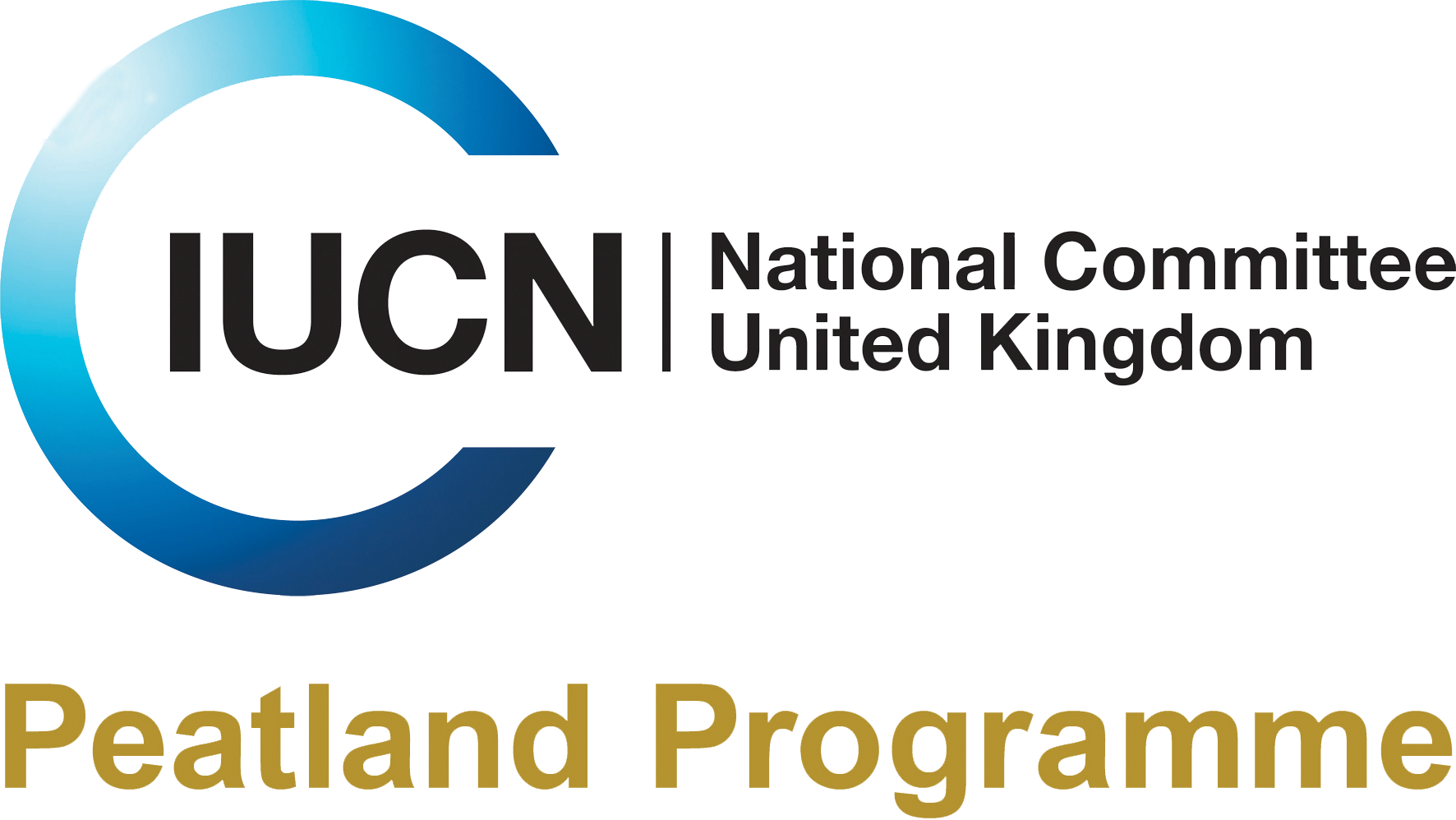Search
Search
Bog Day resources
Reflections from Bog Day 2021
This year's Bog Day was celebrated around the world on Sunday 25th July - bringing peatlands to the forefront of the conversation for many and providing an opportunity for people to learn and…
Day of the Bog: Why are peatlands special and do we need to raise awareness?
Bog day 2020 - celebrating the brilliance of bogs.
Save the Date for #PeatConf26: Peatlands Under Pressure
9th – 11th June 2026, Swansea University Bay Campus
World Wetlands Day 2022: 'The Peatlands of Britain and Ireland' launched as e-book
To celebrate World Wetlands Day 2022, 'The Peatlands of Britain and Ireland' by the IUCN UK Peatland Programme's Clifton Bain has been launched as an e-book.
View the full programme for #PeatConf24 and book your tickets now!
The full programme for the IUCN UK Peatland Programme 2024 conference ‘Peatlands, People and Nature’ is now available on the events page of our website.
Conference 2025: Day 3
Conference 2025: Day 1 plenaries
My spa day
For Lucy, the wind and salty spray of the Atlantic Ocean is more relaxing than any spa treatment and being surrounded by amazing wildlife, like Common Dolphins, Minke Whales and Harbour Porpoise…
Conference 2025: Day 2 field visits
Celebrating International Bog Day with more ‘Eyes on the Bog’ than ever
Peatlands are among the UK’s most valuable natural habitats—storing carbon, filtering drinking water, supporting rare wildlife, and offering a window into the past through their rich biological…
